For much of my life, I swung between both extremes: moving countries with only a few suitcases, then slowly accumulating again until closets overflowed. It took time to find that right balance — the feeling of being grounded yet free, surrounded only by what serves, delights, or holds meaning.
Too many things can crowd the mind.
But too few can strip a home of its heartbeat.
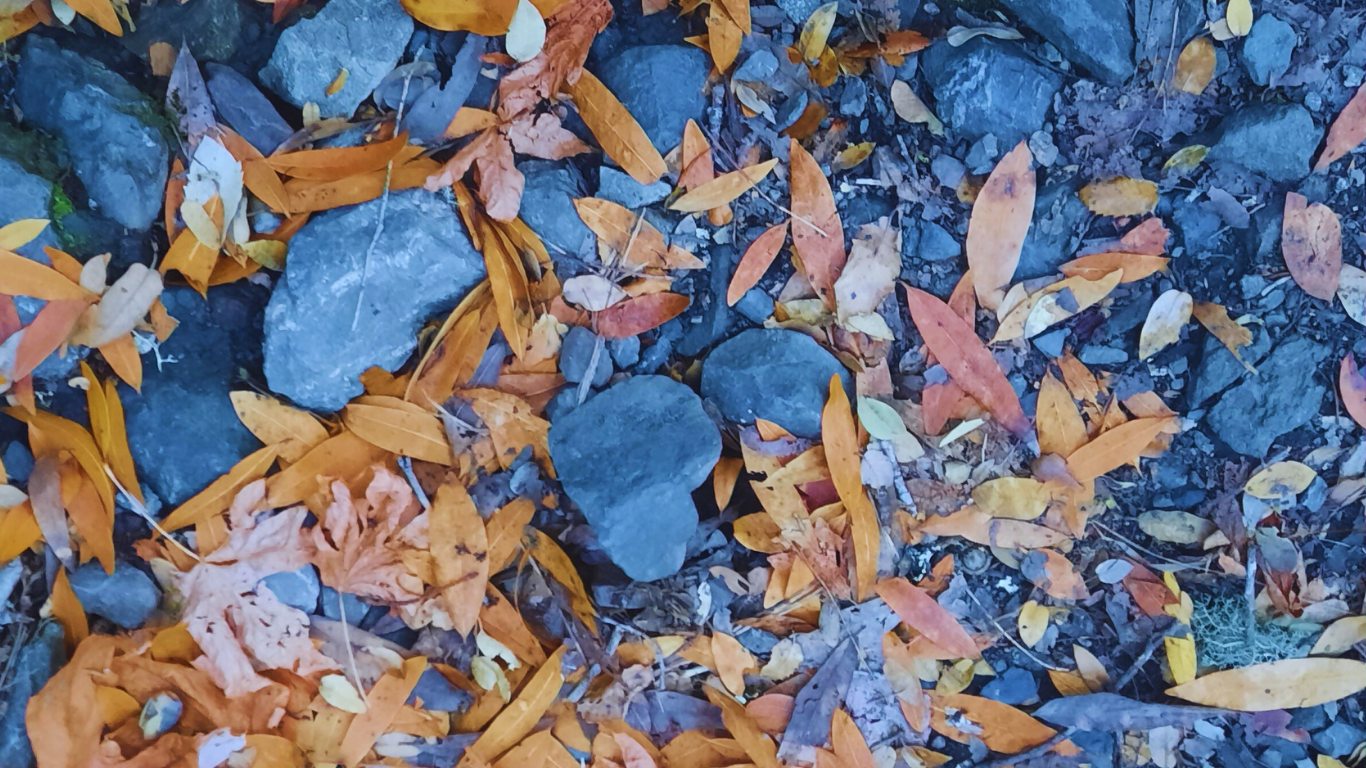
Time of Deficits & Collector Genes
I was born in the late Soviet Union, when scarcity had become the new normal. We called it the Time of Deficits — that strange twilight after perestroika, when openness grew faster than the shelves in the shops could keep up.
Money meant little then; there was simply nothing to buy. My mother would send me to stand in line for bread, my sister for meat, while she queued for dairy. My father waited for hours with his orange Moskvitch to buy gas, lines curling for a kilometer or more, everyone hoping that at least one of us would reach the counter before the goods ran out. Standing in line became a way of life, a patient pattern of endurance and hope.
I grew up believing that to shop was to survive, that ownership meant safety. Access to things defined who you were. Working in a shop was not just a job. It was power, prestige, a shortcut to the sacred realm of “having.”
And in my family, the reverence for things ran even deeper. We were collectors by blood: stamps, coins, books, cups — small museums of desire. When does collecting become hoarding, I sometimes wonder? Where is that fine line between love and fear?
For reasons I still cannot fully explain, I managed to slip free from those invisible chains. Though they still rattle softly behind me.
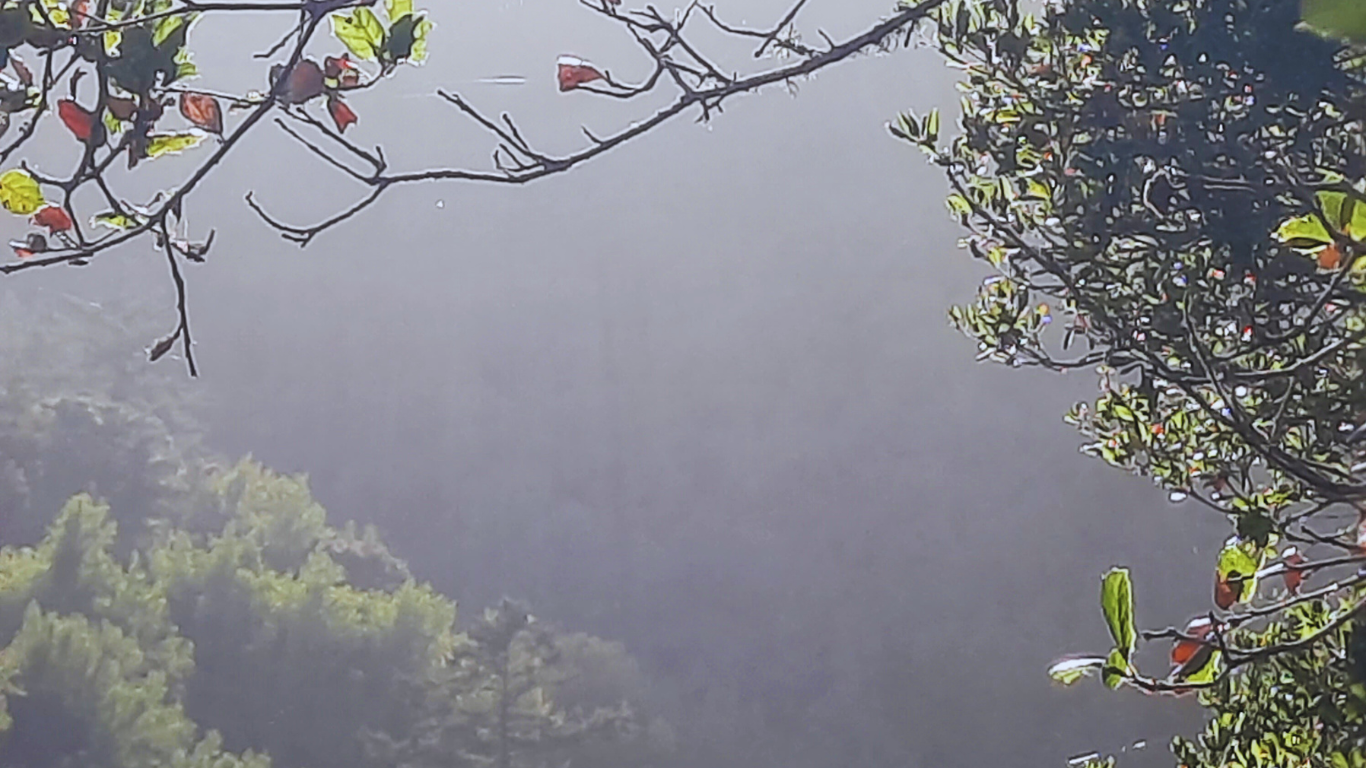
Hitchiking
For some, simplicity reveals itself on camping trips or in mountain cabins.
For me, it came while hitchhiking across Europe as a student.
We could not afford an Interrail pass, so we travelled with our thumbs and our luck, carrying only what fit into a single backpack. Those weeks on the road taught me that I could live with very little.
It was survival, yes — but also revelation. The world opens itself most fully when you are light enough to receive it.
Experiences, not things, became my currency.
Years in Transit
In my late twenties and early thirties, I lived from suitcase to suitcase. A humanitarian worker allotted fifty kilos by freight, twenty by the airline — the allowance for a year-long mission. Scarcity still shaped my relationship with belongings then, though of a different kind.
With time, I began to learn the delicate art of balance: how seventy kilos could still hold both freedom and a sense of home. In each new posting — Chechnya, Congo, and places in between — I recreated the same small sanctuary. Golden curtains. A few cushion covers. Three elephants, first etched into metal and later printed as a small series that traveled with me from one country to the next. Tiny anchors of continuity in a life built on transience.
And instead of coins or stamps, my collector’s instinct found a new form in clothing. Just a few pieces from each place, carefully curated to express who I was becoming. A shalwar kameez from Pakistan, an African dress, a skirt from Chechnya — each one a wearable memory, a story folded into fabric. A way to carry my journeys without letting them weigh me down.
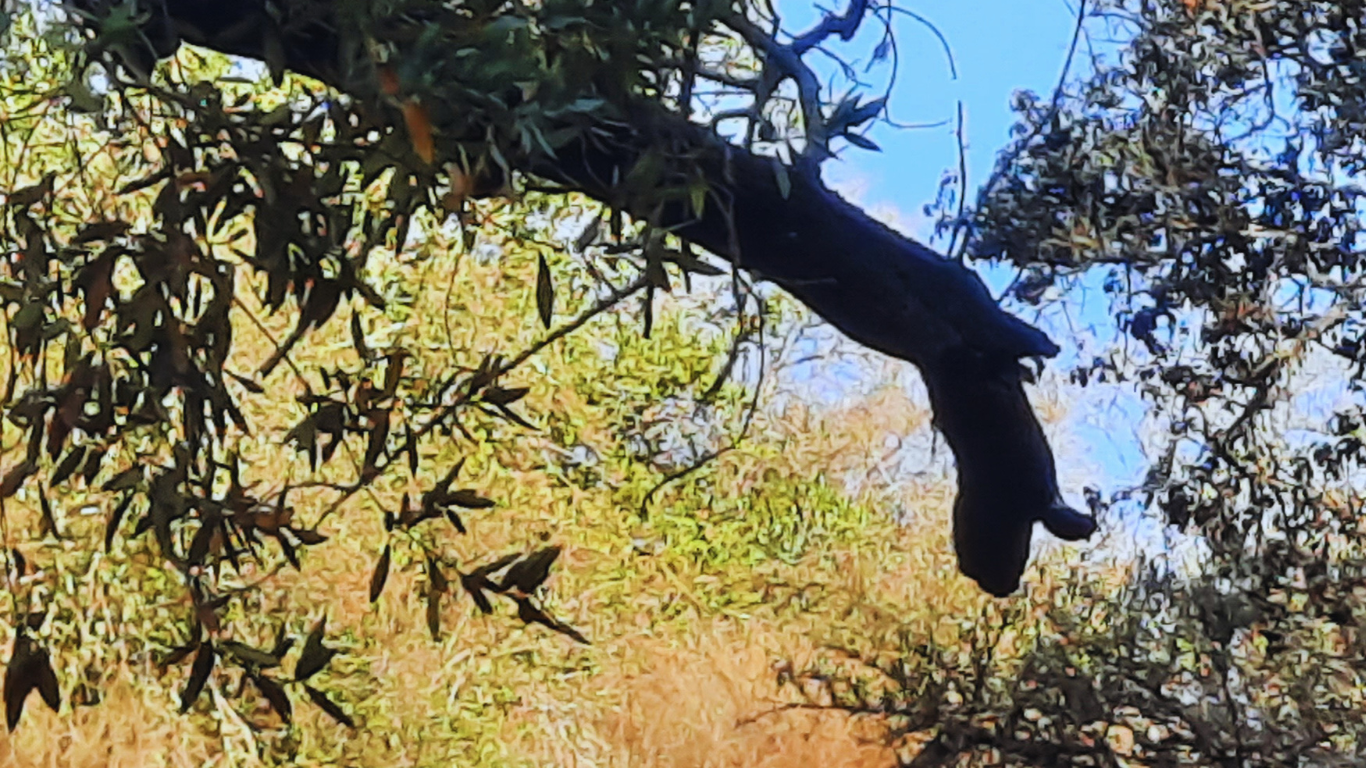
From Rooting to Flirting with Excess
It began with a longing. After years of being faithful to scarcity, my heart wanted more. Not just to be grounded with less, but to root myself.
To be surrounded by the nature I worship, the one essential to my spirituality and wellbeing. And I had little ones who needed a larger nest.
So we bought a beautiful house in France, with a garden that breathed abundance.
For a while, it felt like grace made visible: sunlight spilling through wide windows, birds rehearsing dawn each morning. But it did not take long before the shelves grew busy, and the cupboards began to resist closing.
I admit, it was not all excess. Some of it was simply me — a little messy by nature, needing a touch of chaos to keep creativity alive.
Still, from being faithful to scarcity, I found myself flirting with excess. Owning and consuming beyond what I cherished blurred my clarity. Clutter, both physical and emotional, began to gather. Attachment and the belief that identity or safety could be built from things, started to weigh me down.
It happened subtly. Gifts accumulated, toys multiplied, and my garden grew into a creature larger than I could tend.
The very home that had symbolized freedom began to tether me. I procrastinated, overwhelmed by the upkeep.
That was when I began to recognize the warning of overflow — that moment when what you have starts to hide who you are.
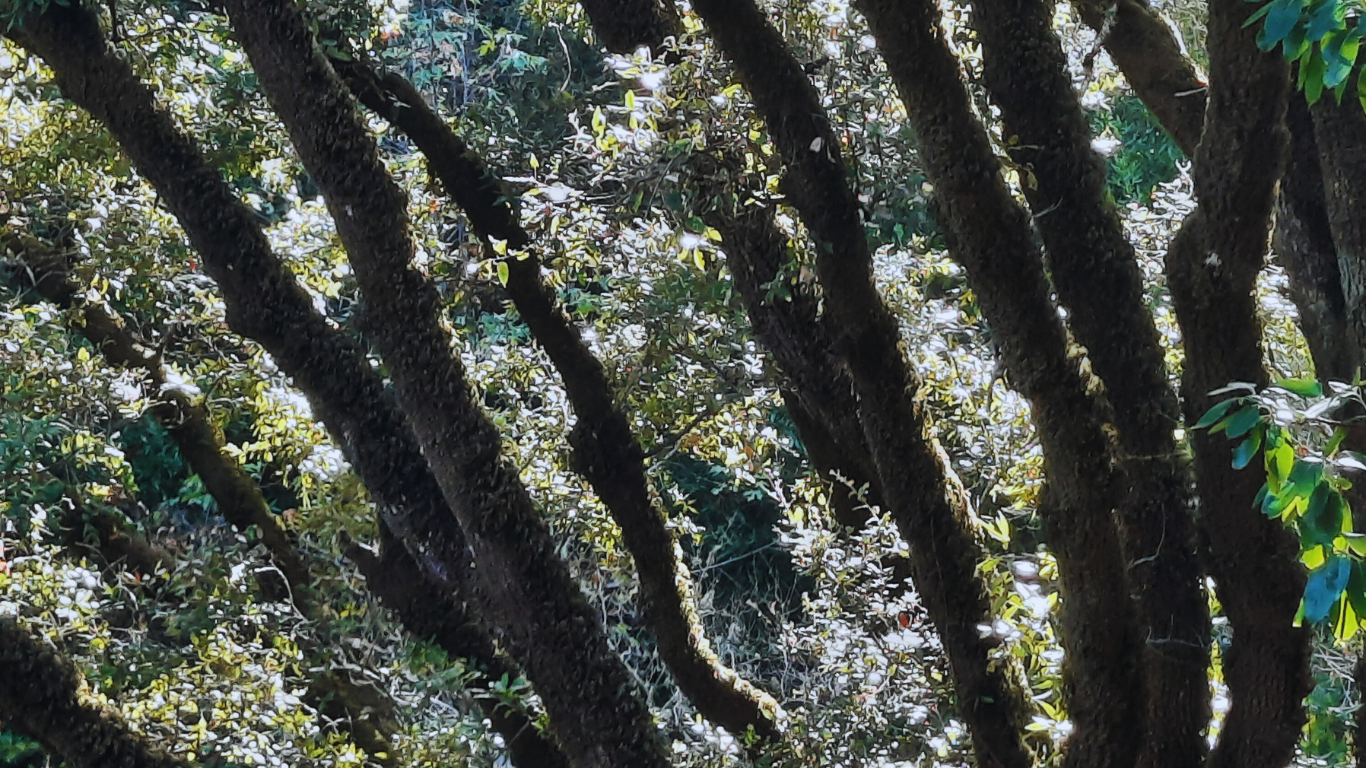
Blessings of Conscious Moving
They say moving ranks as the third greatest stress in life, after loss and separation. I believe it. And yet, when done with care — for our belongings, our emotions, and the Earth — it can become something else entirely: an act of renewal, a step closer to balance.
When we moved to Bali, and later to California, we carried only what we could hold. About twenty kilos each, plus hand luggage. Thirty kilos per person. It was intentional, not impulsive. We chose what to bring and what to bless and release: physically, emotionally, spiritually.
We tried to weave ecological awareness into emotional awareness, donating rather than discarding, remembering that the lightest move leaves the gentlest footprint. In Bali, we lived in furnished homes; in California, we found secondhand furniture through the Buy Nothing group. Gifts from strangers who soon became neighbors. We rented out our house in France, storing what we might one day return to.
Our house here in the US is smaller, but it breathes more easily. Instead of outsourcing cleaning, I now look forward to our Saturday rituals: children laughing and debating whose turn it is — and which room to vacuum this time. Weekends are free again — for redwoods, beaches, and trails — instead of endless gardening.
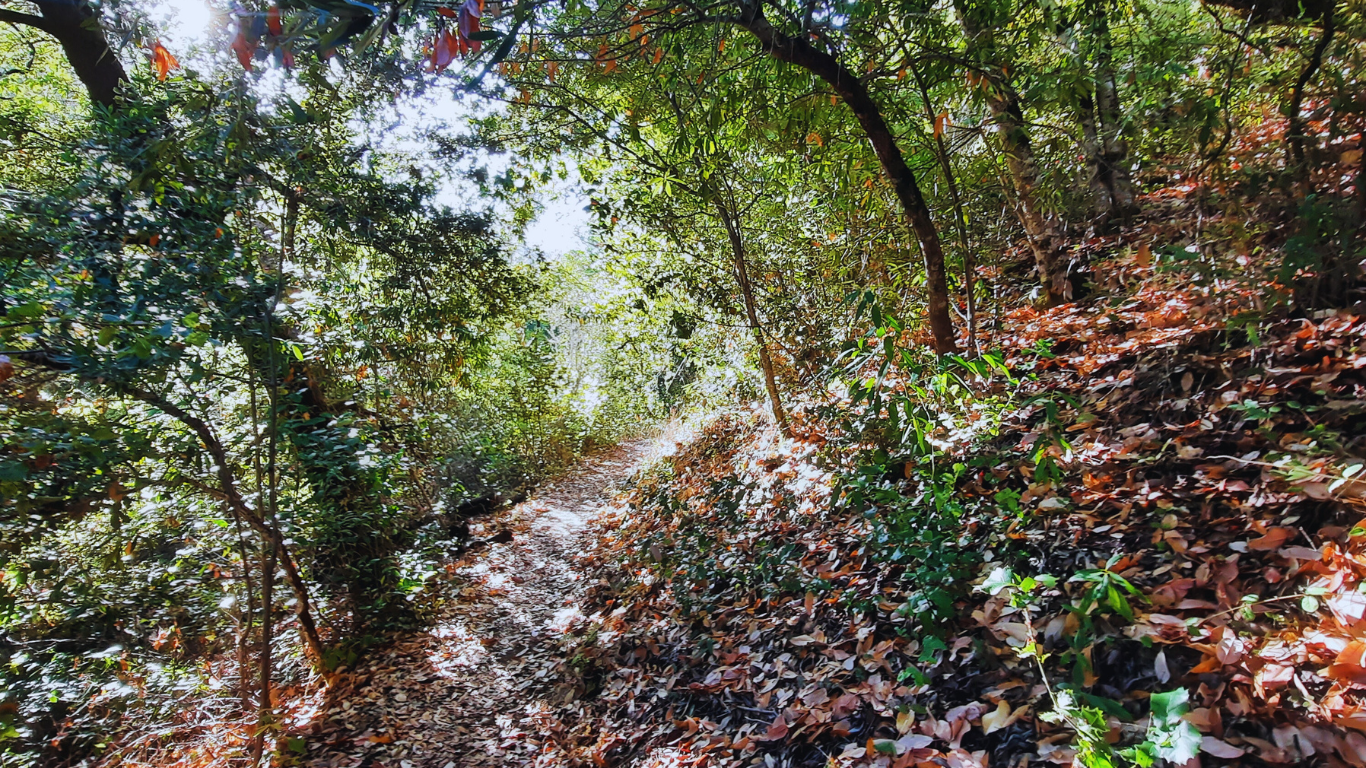
Coming of Age: The Balance That Fits
Imagine a line.
At one end, scarcity, having too little, where life feels stripped of comfort or color.
At the other, excess, having too much, where possessions and obligations start to press down on your chest.
Balance — or what some call minimalism — lives in the middle: the realm of enough.
Not austerity, but clarity.
Where comfort meets freedom, and possessions serve rather than possess you.
After our move to the US, the new house at first felt bare: echoes instead of warmth, simplicity bordering on lack. But slowly, it began to soften. Children’s drawings on the walls. A few more houseplants reaching for the light. I no longer need to own trees to feel rooted. The redwoods outside, the neighbor’s roses, the rhythm of community — they root me now. My life feels lighter than in France, yet I feel still grounded and cosy.
I have found a balance that fits this chapter of life. It shifts with the seasons, with the ages of my children, with the inner tides of who I am becoming.
Certainly, balance is never fixed. Life pulls us, sometimes toward scarcity, other times toward excess. Reality always demands trade-offs. But finding that weightless point, where you feel both grounded and free — that is exhilarating. Liberating. Worth the search.
My relationship with possessions keeps evolving — shedding skins, circling back, never quite settled.
I am still learning the weight of enough.
Perhaps I always will be.

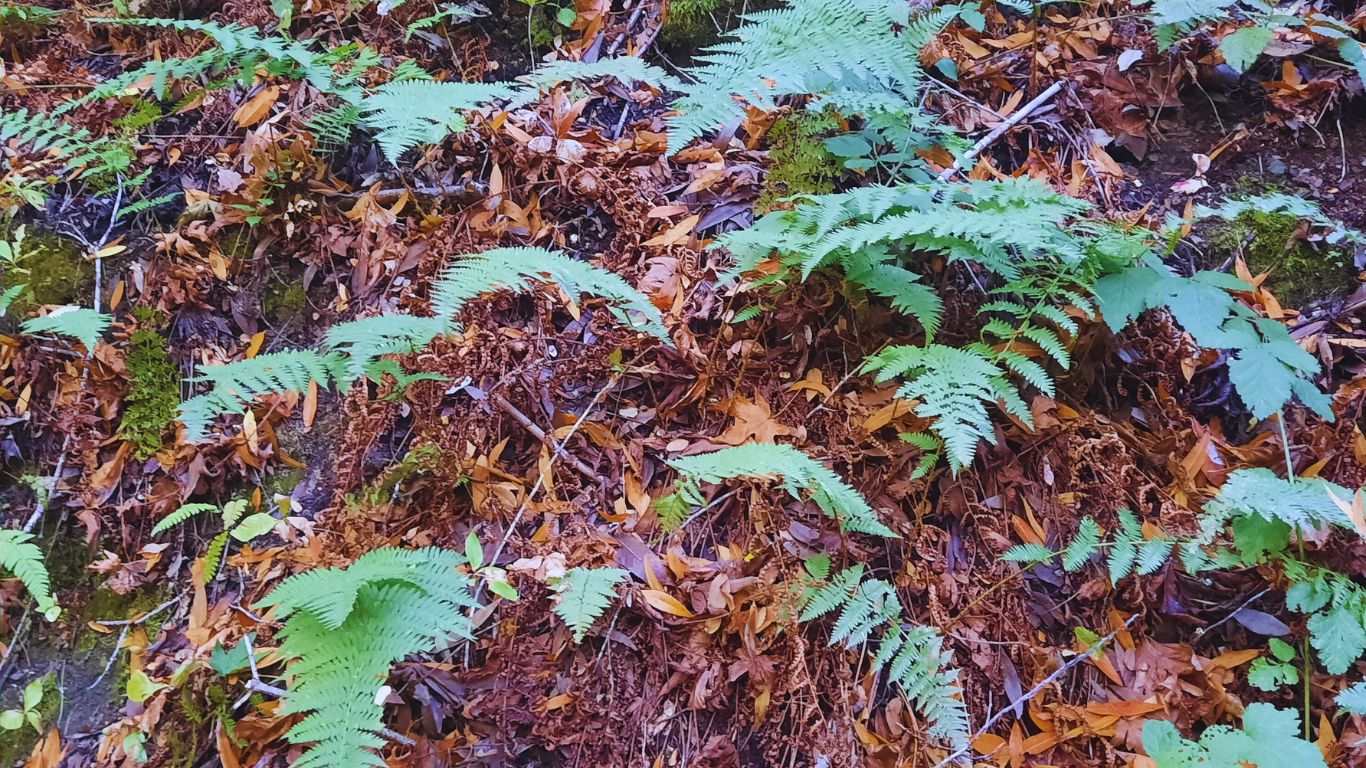
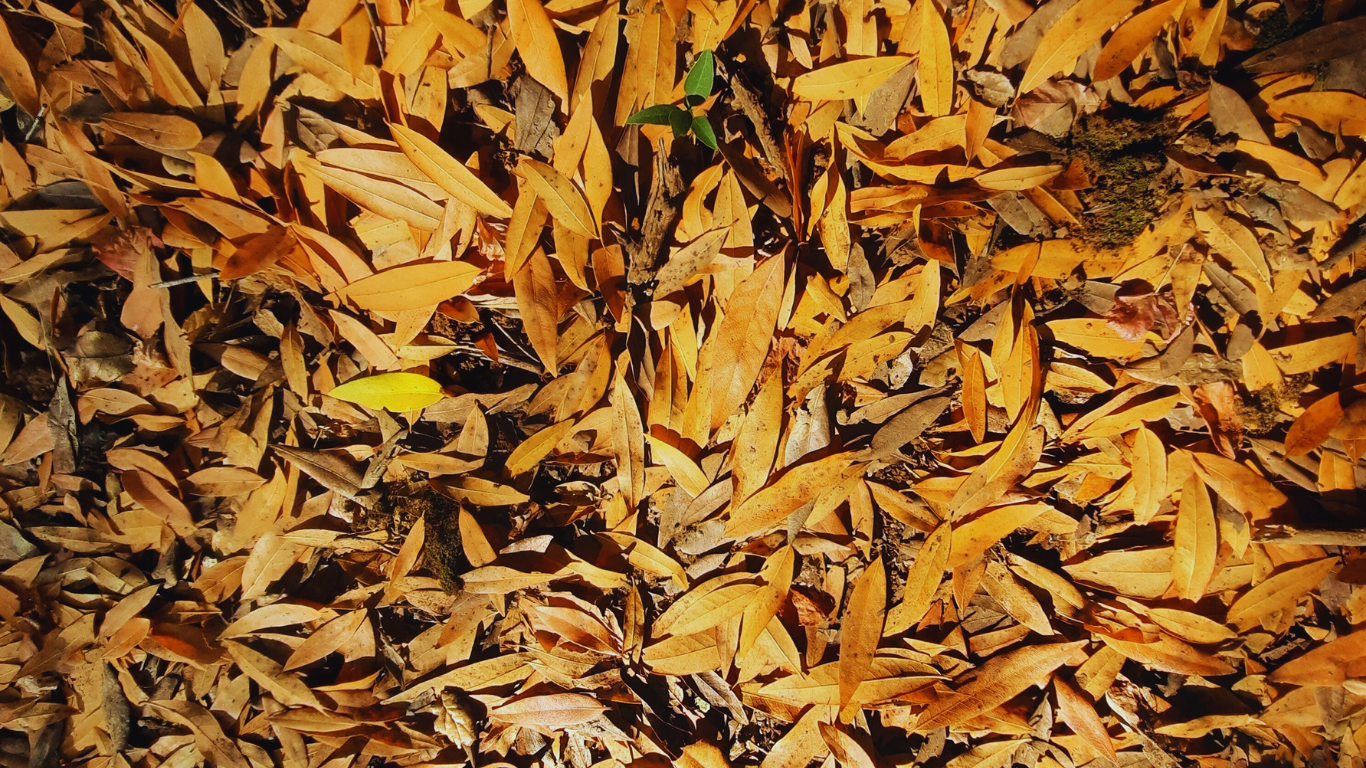
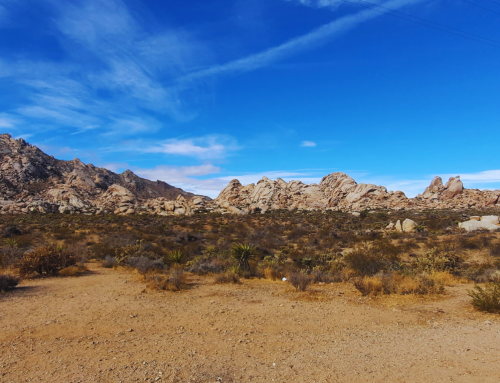
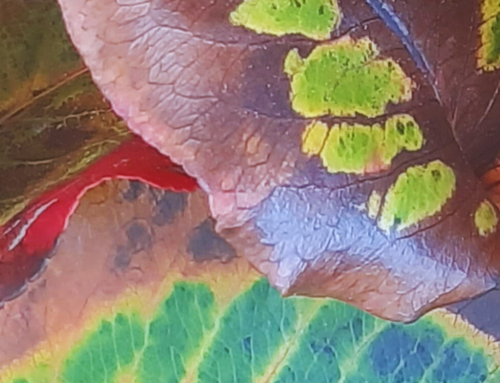
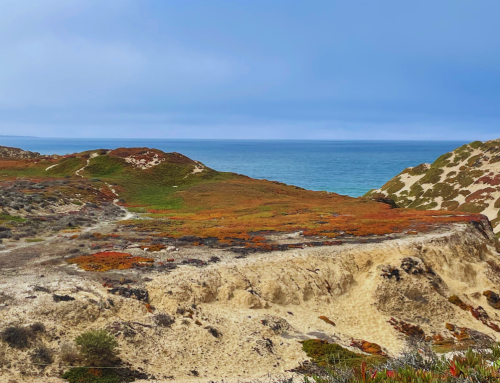
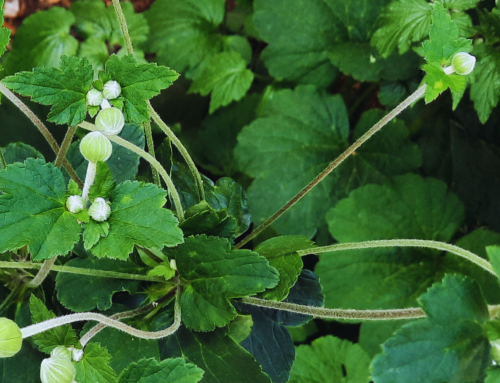
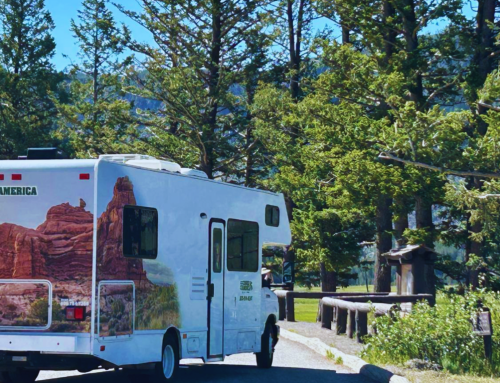
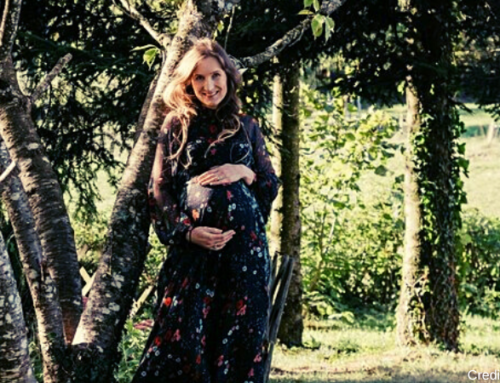
Leave A Comment